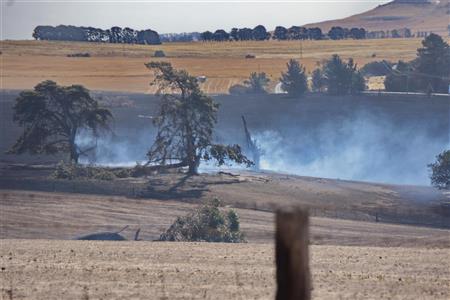58 endangered regent honeyeaters have been released into the wild on Wonnarua Country within the Kurri Kurri and Cessnock Woodlands north of Sydney.

This tiny, exquisitely patterned bird is one of Australia’s most threatened birds and has been the focus of conservation work after the number of regent honeyeaters in the wild fell critically low.
“The released birds are part of a breeding program with Taronga Conservation Society Australia, BirdLife Australia and the Government’s Saving our Species program, so we can boost the very low wild population of regent honeyeaters,” said Sharon Molloy, Executive Director, Biodiversity and Conservation, Department of Planning, Industry and the Environment (DPIE).
“Taronga Zoo, Sydney, and Taronga Western Plains Zoo, Dubbo, have bred almost 600 honeyeaters and since 2000, 315 have been released at sites in north-east Victoria and New South Wales.”
This release is even more significant because of the connection with Mindaribba Local Aboriginal Land Council, who have made their land available for the birds’ release.
“We know the land; nectar trees and surrounding habitat needs to be just right to release the birds and to ensure they have feed and shelter trees, but it is the deep connection that First Nations People have with this land and with regent honeyeaters as a species, that is something truly special and that I know will help these birds as they take flight,” said Ms Molloy.
“It is the cultural connection as much as the land and ecological connection that gives us hope and optimism for this species.”
Like our threatened species experts, the Mindaribba Community have recently learnt that regent honeyeaters have been losing their ability to sing and call which is vital to attract a mate in the wild.
“What is special about this release site and the partnership with Mindaribba is the work being done with the honeyeaters and their song culture runs almost parallel to the reawakening of Wonnarua language by respected Wonnarua Elder Aunty Sharon Edgar-Jones,” said Tara Dever, CEO of Mindaribba Local Aboriginal Land Council.
“In helping the birds find their song and People using Wonnarua language once more, the voice of the sacred Country we are standing on can again be truly understood.”
The Saving our Species program and BirdLife Australia will coordinate monitoring of the birds, collecting data on their movements in the surrounding bushland including Mindaribba land, Werakata National Park and nearby private properties.






